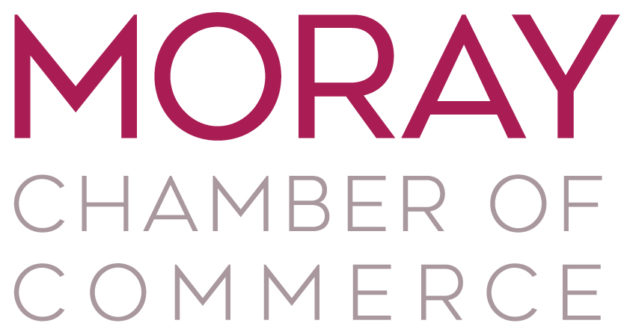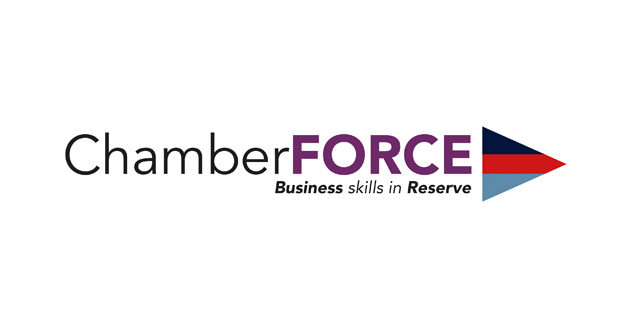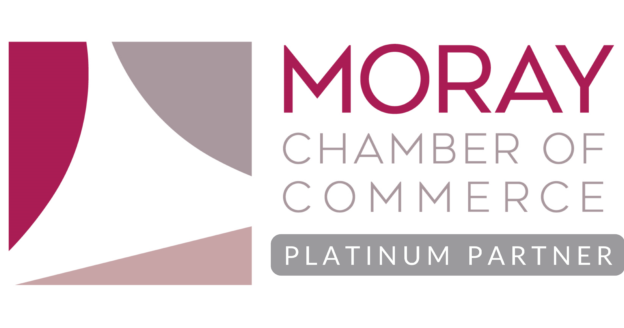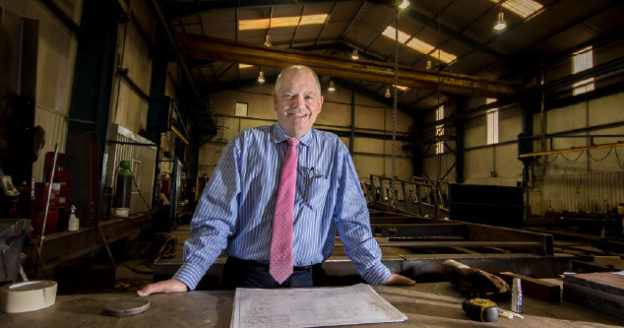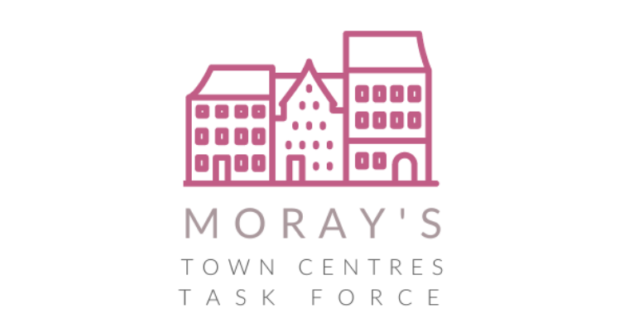Chamber News
SCC QUARTERLY ECONOMIC INDICATOR: Q4 2022 REPORT
19 January 2023 • Sarah Medcraf
RISING COSTS, DECLINING CONFIDENCE AND PROSPECTS OF RECESSION WEIGH DOWN HOPES OF BUSINESS GROWTH
The latest findings from a leading Scottish business survey by the Scottish Chambers of Commerce (SCC) shows Scottish businesses and the economy faltering under increasing cost pressures and declining business confidence. As a result, cashflow and profits are falling, investment decisions have paused, firms are raising prices and struggling to recruit and retain staff.
• PRICE RISES NOW A REALITY: 82% of all firms indicate that they intend to raise prices over the next quarter. This is a successive record high for the survey. The retail and tourism sectors had the highest proportion of firms indicating future price rises at 77% and 76% of firms respectively.
• LABOUR COSTS OVERTAKE ENERGY BILLS AS TOP COST PRESSURE: Concern over energy bills has halved since the previous quarter, attributed to the UK Government’s energy bill relief scheme which took effect from October 2022. Labour costs have now taken precedence as the leading cost pressure, cited by over seven in ten firms (72%). Concern over fuel costs and raw material prices remains high, both being cited by six in ten firms.
• INFLATION REMAINS TOP BUSINESS CONCERN: Concern from inflation has eased for a second successive quarter but remains high with 8 in 10 firms (80%) of firms citing it over Q4. The next highest concerns are interest rates (50%) which has seen nearly a 15% increase since Q3 2022.
• CONFIDENCE DECLINING: On balance, all firms have reported a fall in confidence compared to the previous quarter and a more significant fall compared to last year. On a sectoral basis, every sector reported a fall in confidence with retail and tourism seeing the largest fall when compared to the previous quarter.
View the full report here
Sarah Medcraf, CE of Moray Chamber of Commerce said:
"The figures in our survey are disappointing but not surprising. Our businesses faced a tough end to 2022 and the uncertainty that loomed only added to the pressure. You can’t blame businesses for being nervous to commit to growth, innovation, or refurbishment because both their income and expenditure are changing one week to the next. With 82% of businesses stating they will increase their costs in the next quarter, the knock-on effect on both b2b and b2c consumers cannot be planned for, and the cycle continues."
Stephen Leckie, President of the Scottish Chambers of Commerce said:
“The end of 2022 turned out to be a bleak period for Scottish businesses. All sectors are coming under immense strain because of upfront costs which are hitting cashflow and
profits. Additional cost pressures are adding to this burden, particularly with rising staff costs, which is leading the majority of businesses to raise prices.
There can be little doubt that recessionary effects are dragging the Scottish economy away from recovery and growth. The survey results paint a particularly worrying picture for the retail and tourism sectors with contractions in future sales and investment intentions. “As relief packages come to an end, businesses are extremely concerned particularly on
energy prices which continue to be volatile. Any sudden removal of this support could severely impact business survivability. We call on the UK and Scottish Government to urgently support SMEs by providing relief packages and a clear economic plan.”
On energy bills, Stephen Leckie said:
“Energy bills continue to be a significant cost pressure for firms. While the survey shows that the energy bills relief scheme has helped since it came into effect in October, the lack of
further support is a major cause for concern. The successor to the energy bills relief scheme from March will see an 85% drop in the financial envelope of support which will fall short for thousands of Scottish businesses who are seriously struggling. While we welcome the 12-month duration of this package, the value is nowhere near enough and that means for some firms, energy will now be a cost too far. We would urge the UK Government to revisit the relief package urgently. While considerable uncertainty remains, households and businesses will face a further increase in energy costs from 1st April 2023. Given wider economic challenges, this will harm those most in need and further targeted support for those most vulnerable will be necessary.”
On inflation and price rises, Stephen Leckie said:
“While concern from inflation has eased slightly compared to the previous quarter, eight in ten firms are still citing it as a pressing concern for their business and this is likely to persist for much of 2023. Concern over interest rates has been reported by half of Scottish firms, seeing record highs for some sectors. These concerns are forcing businesses to act by raising prices. A new record number of firms (82%) tell us that they will do this over the next quarter, highlighting the scale of the challenge at hand.”
On Scotland’s workforce, Stephen Leckie said:
“Persistent challenges over access to labour and retaining talent are beginning to take precedence as a leading concern for firms. Both the Scottish and UK Government need to act quickly to alleviate the challenges in the workforce. At Westminster, we need to see a flexible migration system which aligns with economic need so businesses can hire and attract the international workforce to live and work in the UK. With more vacancies in the UK than people available to fill them, this is an essential route that cannot be avoided if we are serious about economic growth. At Holyrood, we have called for measures to tailor elements of the careers service offering to bring older workers back into the workforce, alongside measures to offer more opportunities for economically disadvantaged individuals, to support the competitiveness of Scottish businesses.”
Notes
- This survey was conducted in November & December of 2022. 310 firms responded to the Q4 2022 edition of the survey.
- 94% of respondents to the survey were SMEs: these are businesses with less than 250 employees.
- The Quarterly Economic Indicator is Scotland's longest-running economic survey of its kind, operating since 1990.
- Scottish Chambers of Commerce is Scotland's largest business network with over 12,500 business members, across a network of 30 regional Chambers of Commerce, providing business support, business intelligence and business connections.





